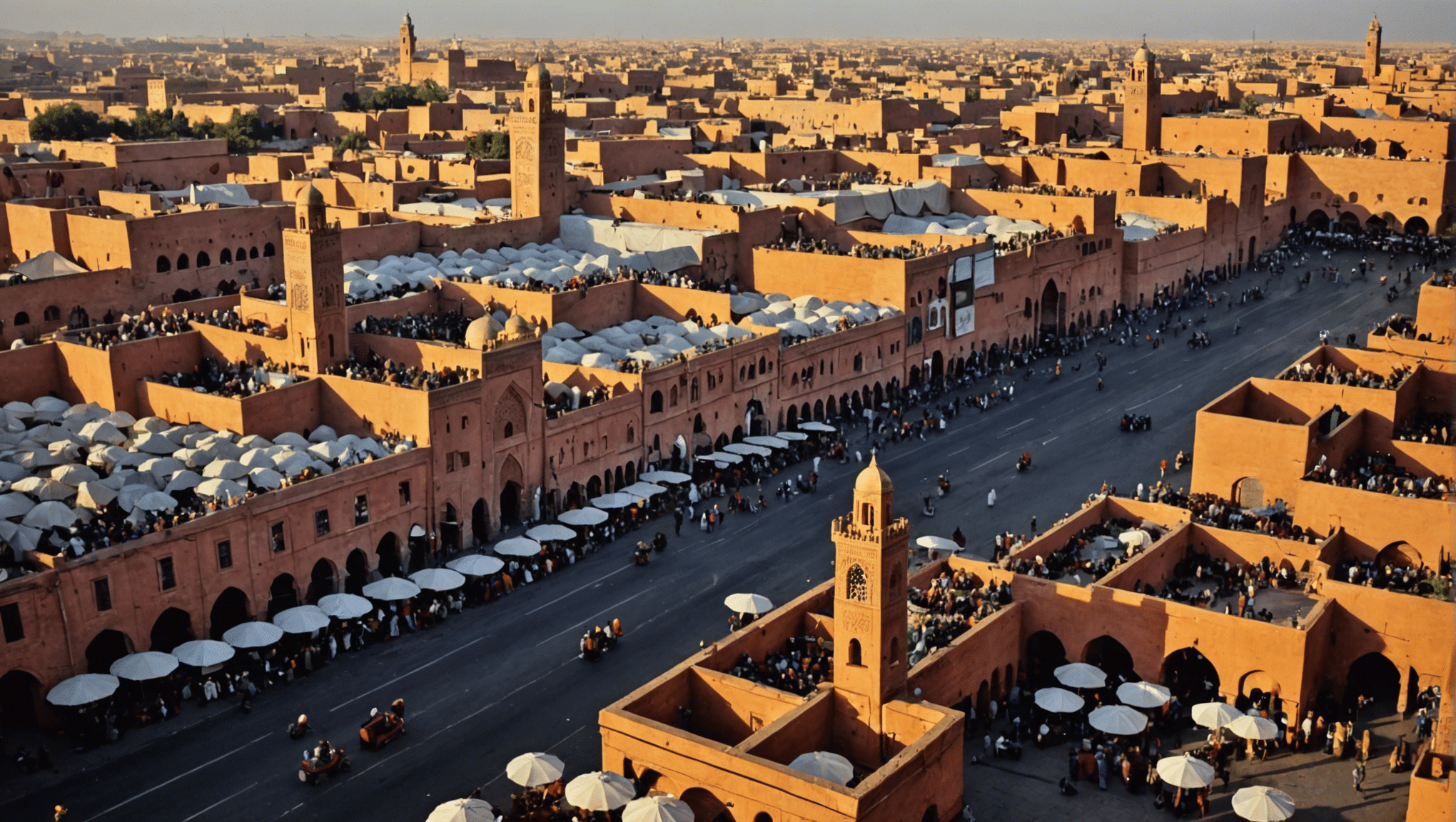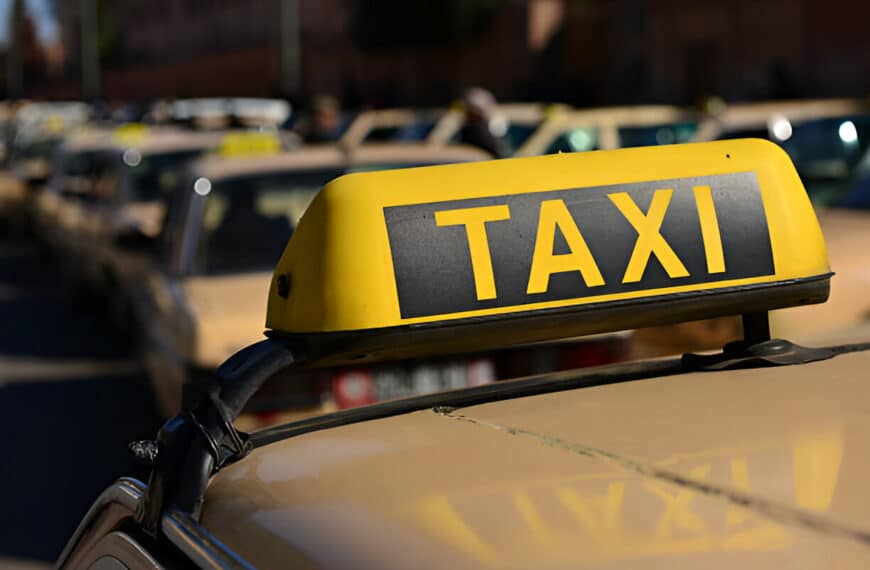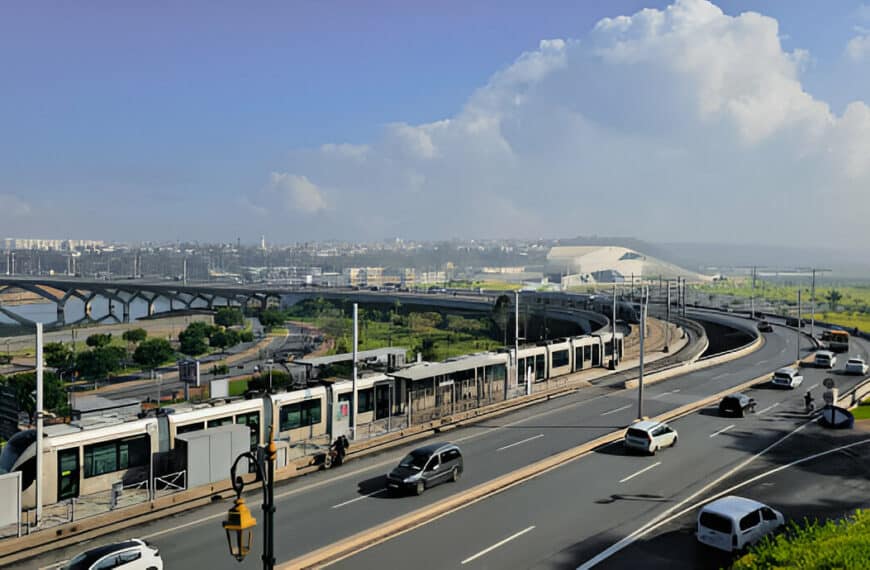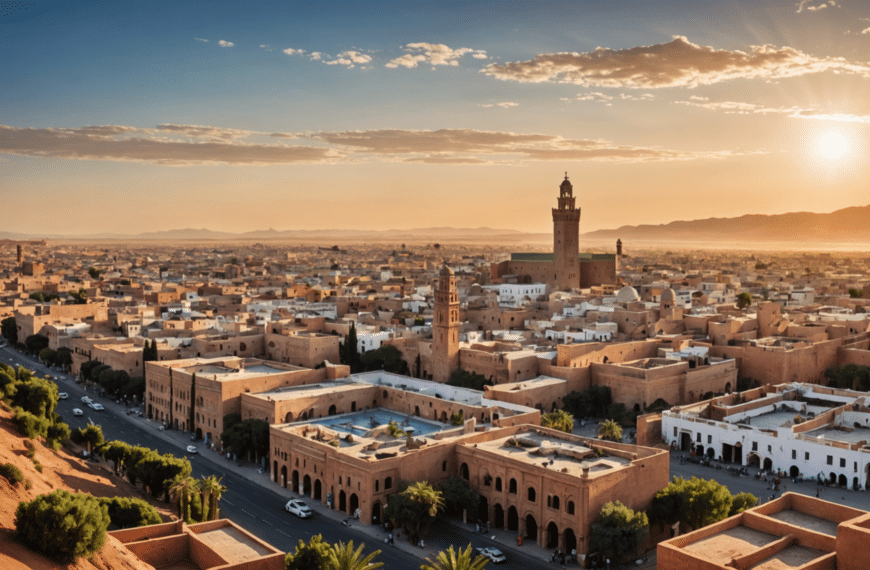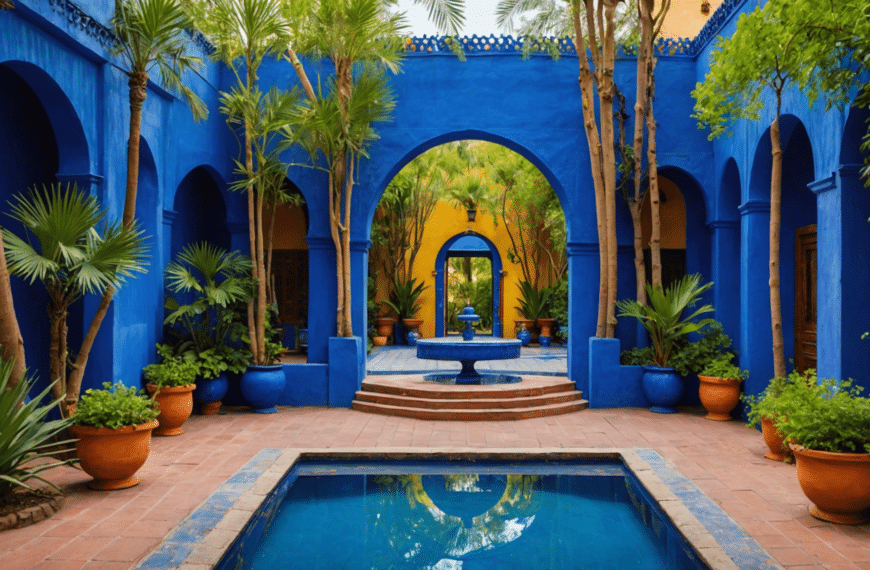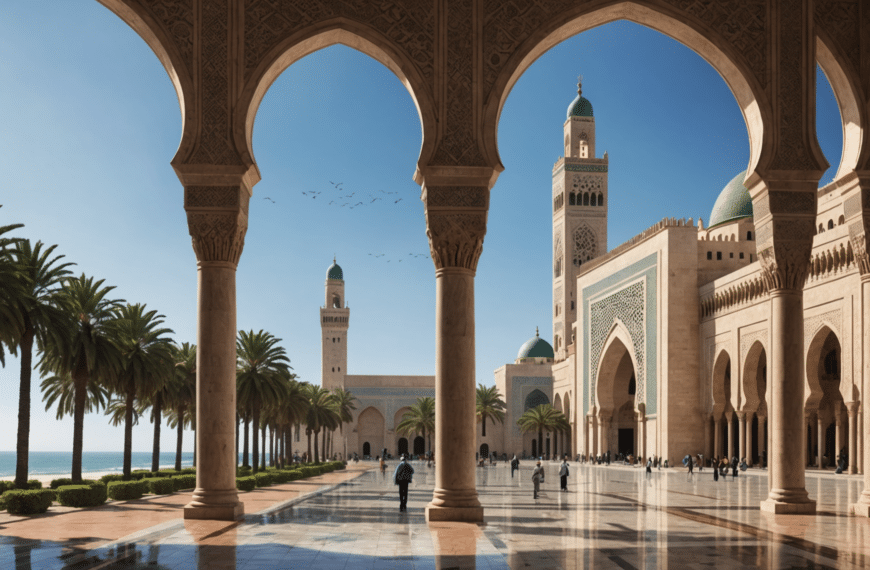As the ninth month of the Islamic calendar, Ramadan holds a special place in the hearts of Muslims around the world, including those in Marrakech. This holy month is a time of fasting, prayer, reflection, and community. The city transforms during this period, offering a unique experience for those interested in witnessing and understanding local customs and religious practices.
The Essence of Ramadan
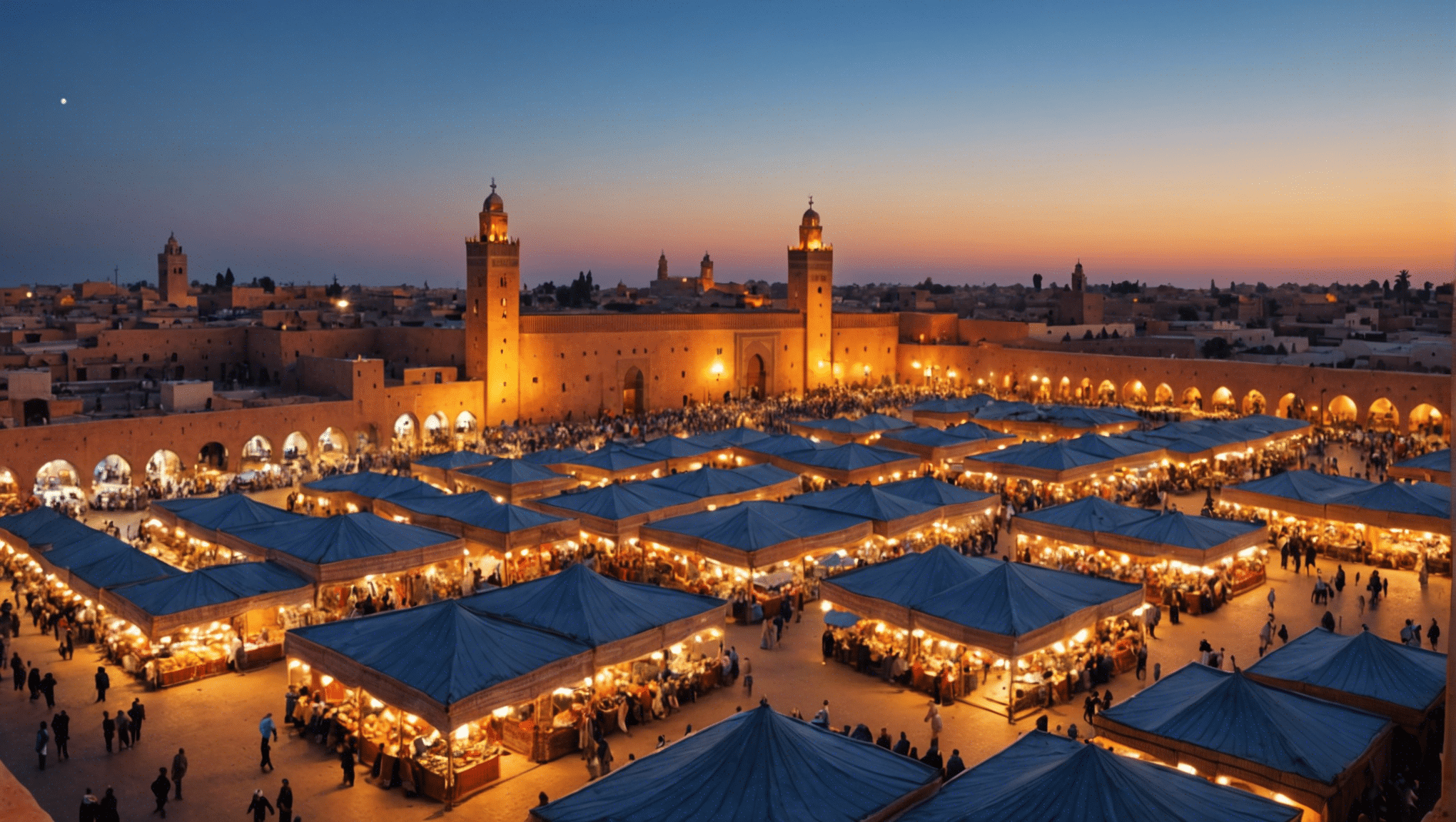
During Ramadan, Muslims fast from dawn until sunset, refraining from consuming food and drink. It’s a practice meant to foster spiritual growth, self-discipline, and empathy for the less fortunate. In Marrakech, the fast begins with the pre-dawn meal known as Suhoor, which is eaten before the first light of dawn. The fast is broken with the Iftar meal, which occurs immediately after sunset.
Experiencing Iftar in Marrakech
The breaking of the fast is an event unto itself. As the sun sets over the city’s minarets and rooftops, a cannon sounds to signal the end of the day’s fast. Families and friends gather to enjoy Iftar, which traditionally starts with the eating of dates followed by a rich variety of foods. Visitors can experience Iftar in numerous settings throughout Marrakech—from lavish hotel buffets to modest family gatherings.
- Harira: A traditional Moroccan soup made with tomatoes, lentils, chickpeas, and lamb, seasoned with a blend of herbs and spices.
- Chebakia: A sesame cookie that is fried and then coated with honey and rosewater; it’s particularly popular during Ramadan.
- Tajine: A slow-cooked stew that can be made with chicken, lamb or beef, along with a variety of vegetables.
Nighttime Festivities
After Iftar, Marrakech comes alive with nighttime festivities. Streets that were quiet during the day buzz with energy as locals and visitors alike enjoy cooler temperatures and vibrant social interactions. Shops and markets reopen, cafes teem with patrons enjoying mint tea and sweets, and public squares like Jemaa el-Fnaa showcase storytellers, musicians, and dancers until late into the night.
Spiritual Practices
Ramadan is also a time for heightened spiritual practices. The mosques of Marrakech host extended prayers called Taraweeh, which are held after the regular night prayer. Non-Muslims are welcome to observe these prayers from designated areas within or outside the mosques. The Koutoubia Mosque, with its grand architecture and spiritual significance, is particularly noteworthy during this month.
Charity and Community
Charity, or Zakat, plays a crucial role during Ramadan. It’s one of the Five Pillars of Islam and involves giving to those in need to purify wealth. In Marrakech, you’ll find numerous charitable activities throughout Ramadan. Many mosques and community groups organize collections for food and clothing to distribute among the poor.
In conclusion,
Ramadan in Marrakech offers a profound glimpse into the spiritual and communal life of Moroccans. For travelers seeking an authentic cultural experience, visiting during this holy month provides an unparalleled opportunity to witness faith in action amidst one of Morocco’s most beautiful cities.

